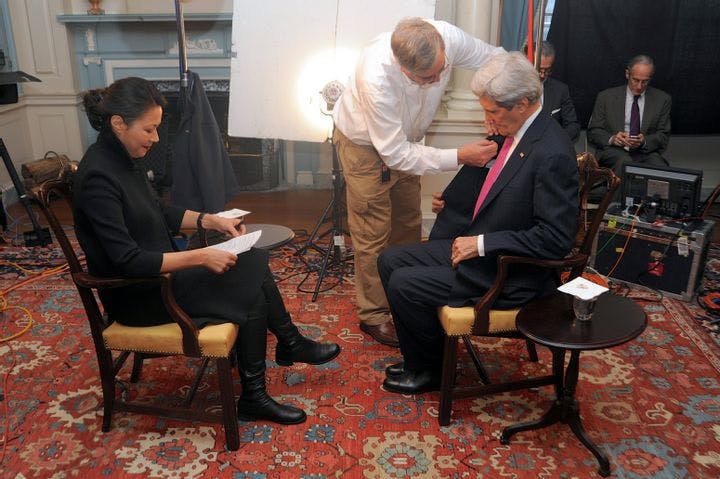Spring 2009
City of Niche News
– The Wilson Quarterly
Niche reporters and correspondents from overseas now dominate the Washington press corps.
The number of U.S. newspapers with a reporter based in Washington has plunged by half. The number of states with a Washington newspaper presence has fallen by a third. The number of television network correspondents and Washington-based TV bosses has shrunk from 127 to 84 in a generation. But the Washington press corps hasn’t shriveled up. It’s merely been transformed from a sea of journalists covering news for the general public to a fourth estate increasingly reporting for niche publications and foreign audiences.
Publications such as ClimateWire, Food Chemical News, and Bloomberg News offer more specialized and detailed information to smaller elite audiences often built around narrowly targeted financial, lobbying, and political interests, write Tyler Marshall, a former Los Angeles Times foreign correspondent, and the editors at Pew Research Center’s Project for Excellence in Journalism. Newshigh-priced subscriptions or image advertising from corporations trying to influence policymakers.
The effect of the change from mainstream to niche media is likely to be that people who seek to influence policy will have access to more information than ever, while those affected by it but not organized to shape it will have less, the authors write.
Meanwhile, the size of the Washington contingent of reporters for foreign media outlets has mushroomed. In 1968, the U.S. State Department reported the presence of about 160 foreign correspondents in the capital. Last year, there were 1,490. The Washington bureau of the Arab satellite channel al-Jazeera has grown in eight years from zero to a staff of 105—nearly as large as that of CBS News’s radio and television operations combined, according to Pew.
The foreign correspondents—who typically have little access to policymakers in Washington—are likely to explain American political events to their audiences in considerably different terms than the American news agencies that as recently as the 1990s dominated the dissemination of Washington news.
Viewing American events through the prism of the national and cultural interests of foreign correspondents’ home countries certainly makes a difference in what is considered newsworthy. On February 5, the BBC World Service gave prominent website display to Senate votes to soften a “Buy American” clause in the economic stimulus proposal. Al-Jazeera featured remarks by former vice president Dick Cheney that the new administration might be going “soft” on Al Qaeda by closing Guantánamo Bay. Al-Arabiya, another Middle East satellite channel, focused on how upcoming U.S.-European diplomatic talks might deal with Iran.
On the same day, CNN International featured a story on the president’s push to pass his economic package, and his effort to expand the office of faith-based initiatives.
* * *
THE SOURCE: “The New Face of Washington’s Press Corps” by Tyler Marshall and the Project for Excellence in Journalism, in journalism.org, Feb. 11, 2009.
Photo courtesy of the United States Department of State
